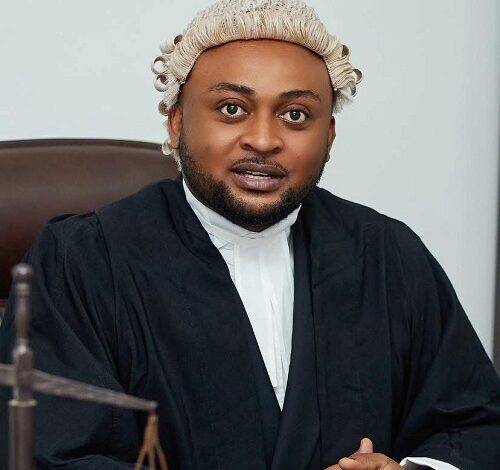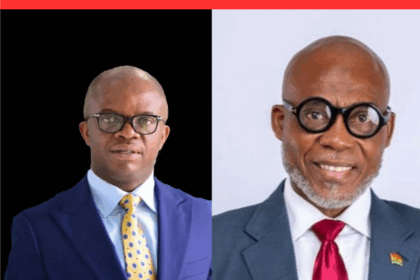Lawyer Vincent Ekow Assafuah, Member of Parliament for Old Tafo writes
The suit filed by Hon. Rockson-Nelson Dafeamekpor, together with two other plaintiffs, before the Supreme Court challenges the constitutional status of the Ghana Bar Association (GBA). At its core, the case questions whether a voluntary professional body can enjoy exclusive recognition under the Constitution as the only representative of lawyers in Ghana.
This is not the first time the GBA has found itself at the heart of Ghana’s constitutional and political struggles. In the 1980s, the Provisional National Defence Council (PNDC) established Public Tribunals under PNDCL 24 (1982) and PNDCL 78 (1984). These tribunals sidelined the regular courts, curtailed appeals, and allowed political appointees to adjudicate serious criminal cases. The GBA resisted fiercely, boycotting the tribunals and condemning them as assaults on judicial independence and due process. That principled defiance created a long-standing rift between the Bar and the state.
Today’s litigation must be read against this historical backdrop. Once again, the GBA has clashed with the political establishment most recently in its criticism of the President’s removal of the Chief Justice. For some observers, the current challenge to the Association’s constitutional recognition echoes the old pattern: whenever the GBA insists on safeguarding judicial independence, attempts emerge to diminish its authority or legitimacy. While the plaintiffs have couched their case in the language of constitutional rights, particularly the freedom of association (Article 21(1)(e)) and equality before the law (Article 17). It is hard to ignore the broader political context.
Legally, the plaintiffs’ case rests on the argument that the GBA is, in essence, a private voluntary association and therefore cannot be the sole body named in the Constitution to represent all lawyers. They contend that constitutional references to the “Ghana Bar Association” should be understood generically, leaving space for other professional associations such as the Ghana Law Society to enjoy equal standing. To them, monopoly recognition infringes on lawyers’ right to free association and creates unjustifiable inequality among different professional groupings.
The counterarguments, however, are formidable. Successive constitutions, including the 1992 Constitution, have recognized the GBA by name, suggesting that the framers intended a singular and unified Bar. Proponents of this view argue that the coherence of the legal profession and the orderly administration of justice depend on having one recognized professional body. Fragmenting the Bar, they warn, could create confusion in appointments to constitutional bodies, weaken professional discipline, and dilute the collective voice of lawyers in defending judicial independence.
The Supreme Court will therefore be asked to decide a fundamental question: whether the Constitution entrenched the GBA as the Bar, or whether its references are descriptive rather than exclusive. The Court must balance textual interpretation, historical practice, and constitutional values ie pluralism and freedom on one side, coherence and stability on the other.
Seen in this light, the Dafeamekpor suit is more than a narrow procedural challenge. It is part of a recurring pattern in Ghana’s legal history, where the independence of the legal profession and it’s institutional voice become contested terrain whenever political authority feels threatened. The outcome will not only determine the GBA’s future status but will also signal how Ghana’s constitutional order balances state power, professional autonomy, and the rights of association.


